Our Team
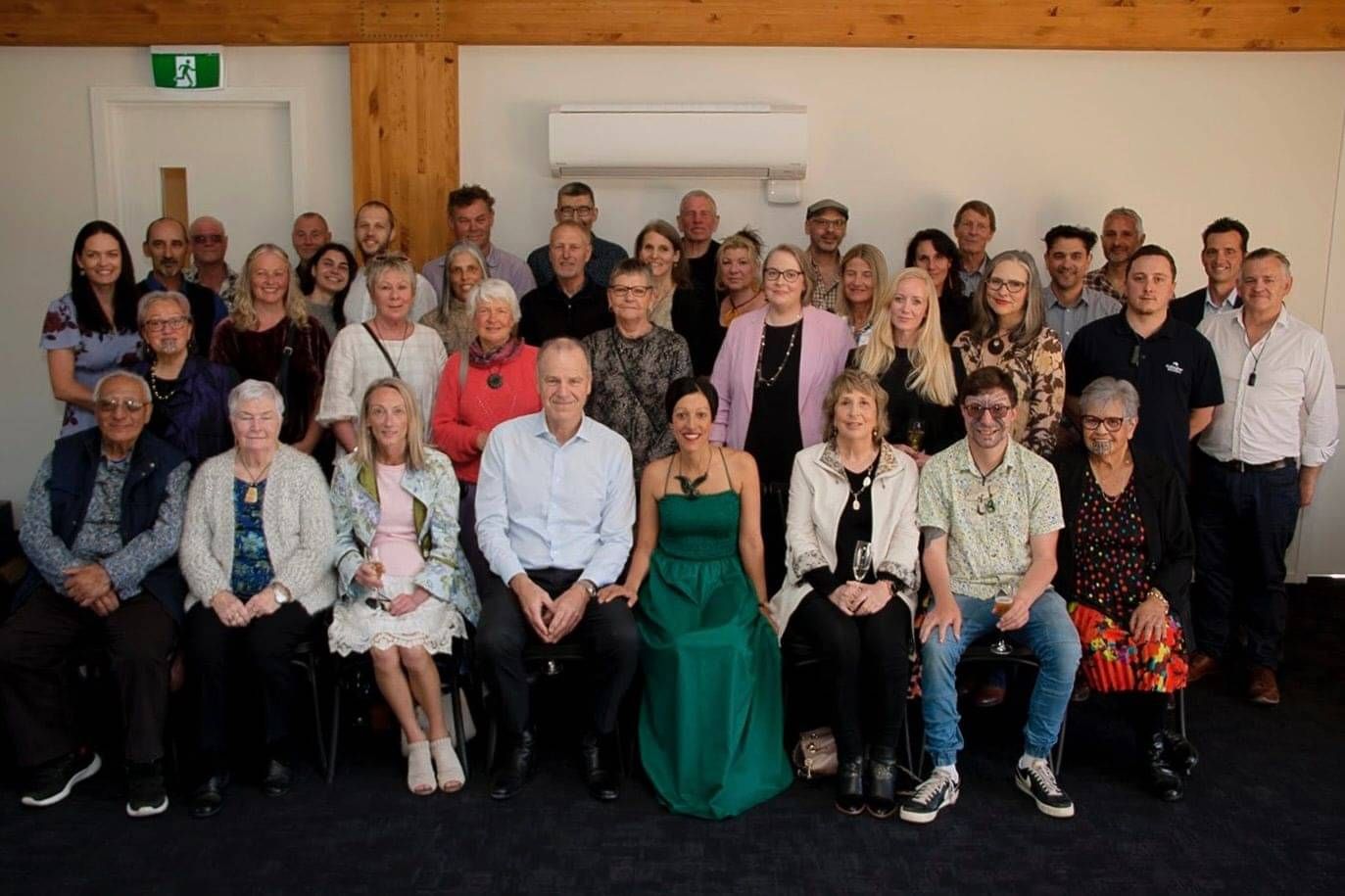
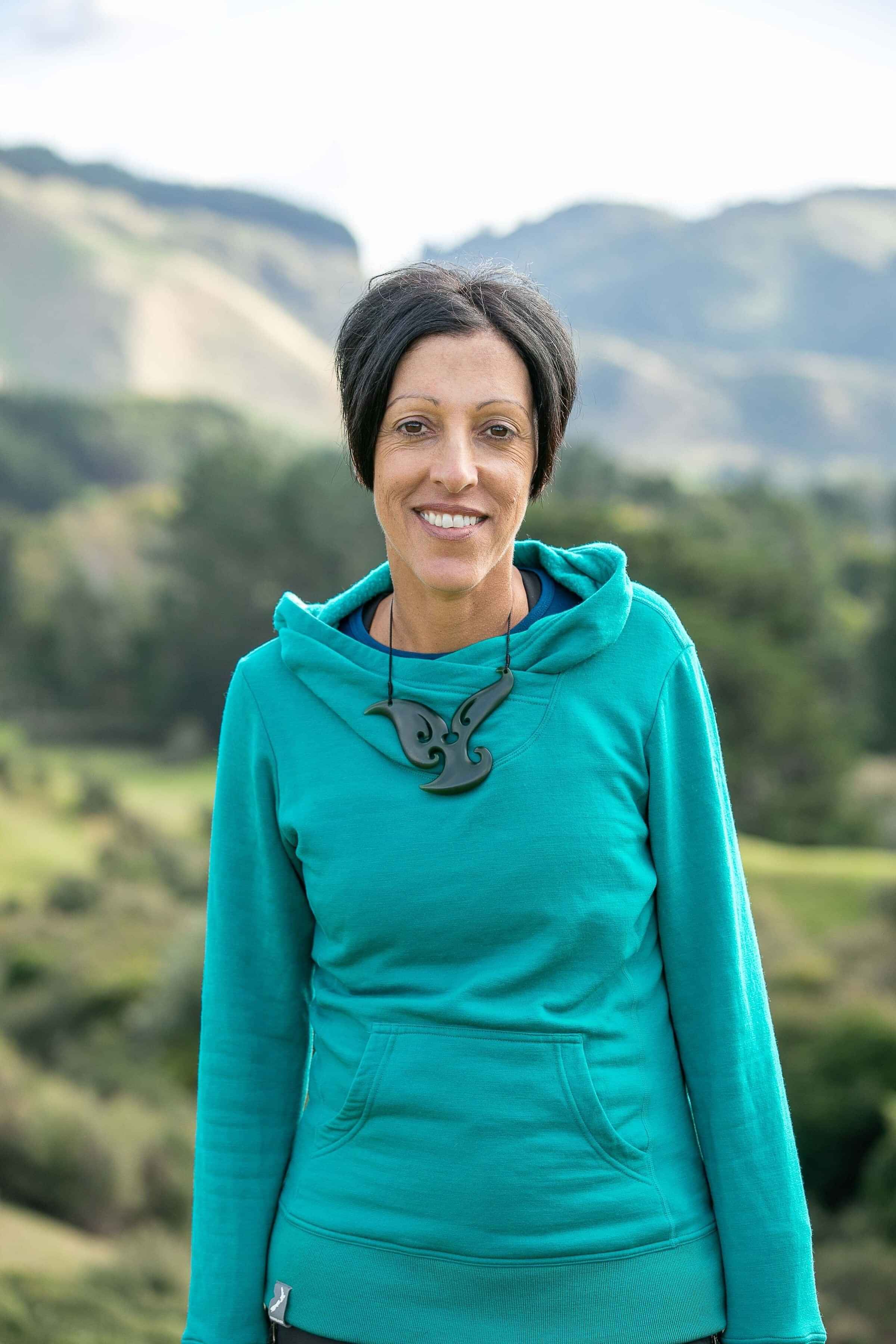
Programme Director: Amelia Trotter
Amelia studied Criminology and Psychology at Victoria University Wellington, then completed an Applied Masters in Criminal Justice. During this time Amelia had years of experience as a Youth group coordinator, Youth Worker, Assistant and Researcher for Police Youth Aid and she held numerous roles for Youthline Wellington. Following her Masters degree Amelia was appointed the Manager of the Wellington City Mission Youth Services where she set up and ran an Alternative School for “at risk” young people as well as a Youth Centre and Drug and Alcohol programme. Against this backdrop Amelia’s interest in working with young “at risk” men was born.
The school that Amelia established at the City Mission ran for twenty years until the City Mission restructured its services a couple of years ago. Around thirty, 13-17 year olds from a diverse mix of cultural and ethnic backgrounds, including a significant proportion of Māori, utilised the programme annually. A post-programme evaluation showed that 6 months after leaving the Mission School around 90% of the young people were still making positive forward movements in their lives.
After leaving the City Mission Amelia became interested in developing an understanding of and ability to treat the trauma that is a common thread in the lives of the young men who end up incarcerated. Having trained in and practiced Systemic Trauma Therapy for more than a decade while engaging in recent years to extend her studies into a range of other trauma treatment modalities she says “ I consistently witness the immense power of addressing trauma on individuals and their family systems. In her therapy practice Amelia has continued to work with Māori, and her abilities, vast knowledge and experience transforming lives as a trauma therapist, with her culturally appropriate practice and experience will be invaluable to the Te Kāhu Tiu programme and its rangatahi.
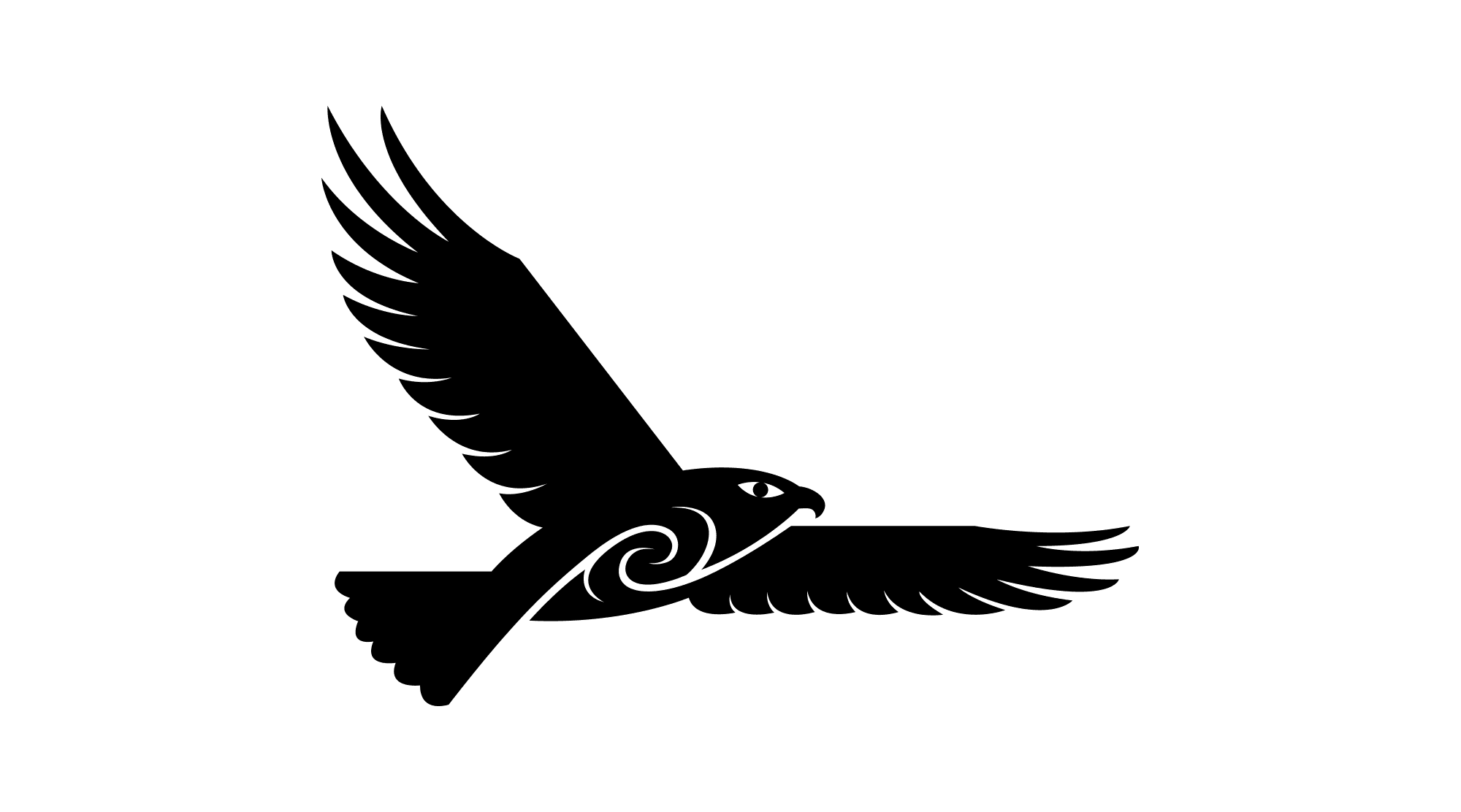
"A programme like this, for many rangatahi, is the difference between a life behind bars and a life of freedom, purpose and self worth."
– Amelia Trotter, Programme Director
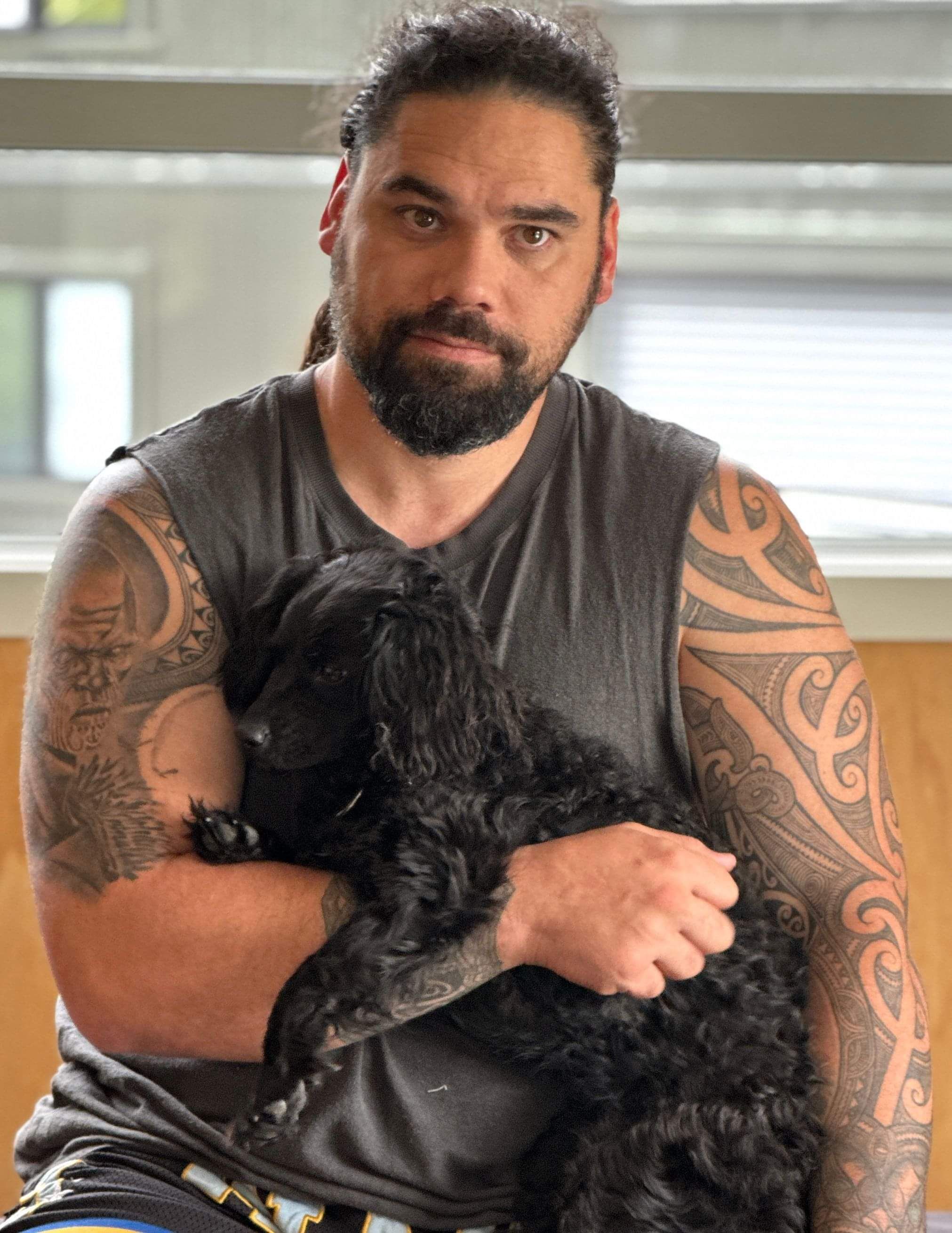
Programme Manager: Jai Te Ahunga
Ngāti Tuwharetoa, Ngāti Turumakena, Ngāti Māhuta
Jai has a Bachelor in Māori Studies from Massey University and a post graduate diploma in Māori and Indigenous Leadership - both earned while serving twelve years of a life sentence inside nine different prisons, and without access to online resources. He is proof that the lessons of those that came before us provide the tools to heal, re-connect and thrive. With a passion for his culture Jai has emerged as a kaiako (teacher) and pouārahi (leader), supporting and assisting others to connect and draw strength from their cultural identity.
For three years following his parole in 2015, Jai voluntarily ran a programme with long-term inmates in Christchurch Men’s Prison supporting the discovery of their whakapapa and culture, and preparingthem for their release. Jai now joins Te Kāhu Tiu from Whānau Ora where he has been a ‘Navigator’, effectively leveraging his lived experience and learnings to assist 100% of his clients who were long-term prisoner inmates, to successfully reintegrate into the community.
Jai’s biggest ‘why’ are his four beautiful tamariki, and his whānau. He strives to be the best pāpā he can to his tamariki, and the best possible partner to Ani.
d
Te Kāhu Tiu Advisory Board Biographies
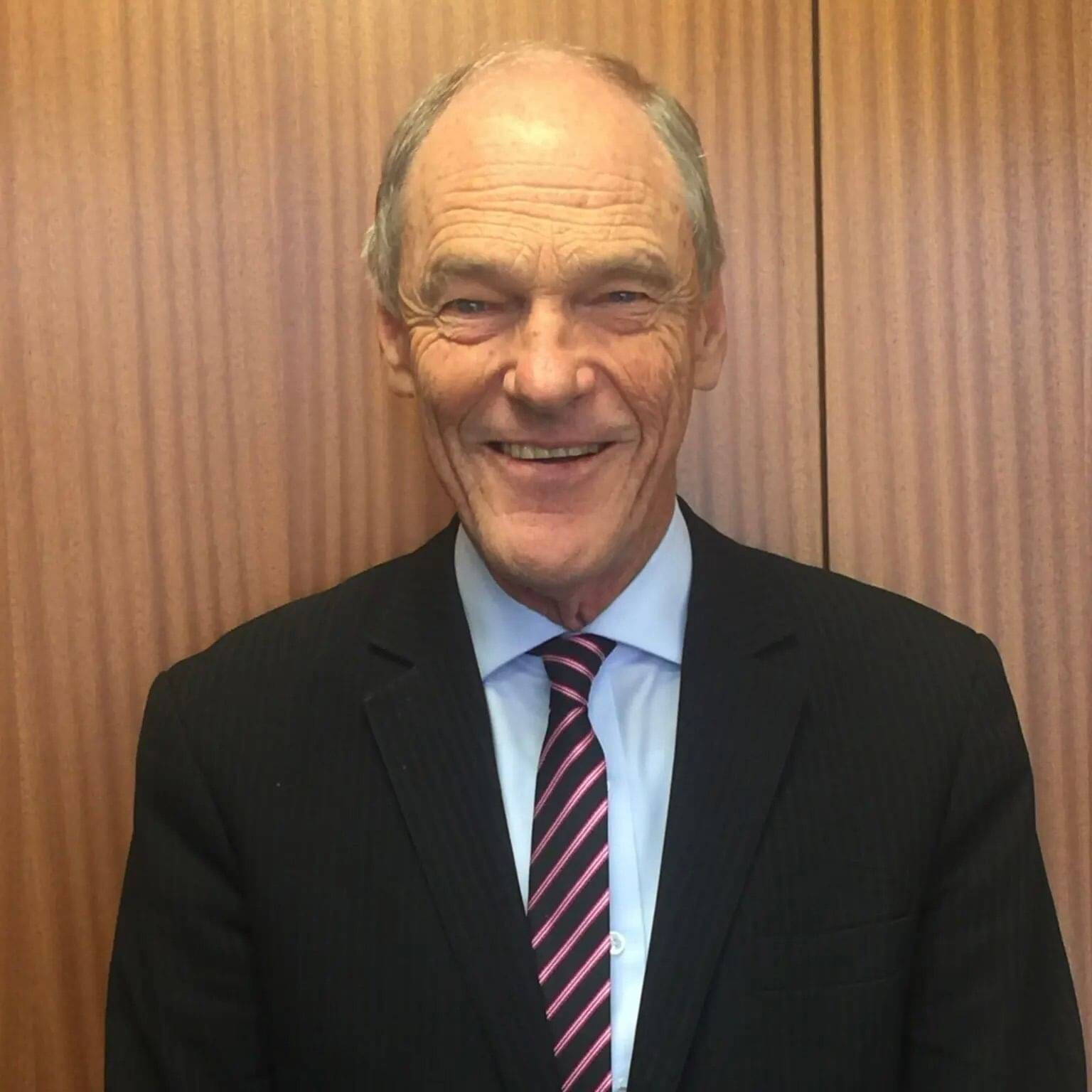
Warren Young PhD
Dr Young is currently the Principal Operations Advisor at the Independent Police Conduct Authority. He has been General Manager (Crime Prevention and Criminal Justice Group) and was a former Deputy Chief Executive at the Ministry of Justice as well as a former Law Commissioner. He joined the Ministry in 2000 as Deputy Secretary for Justice, after approximately 20 years at Victoria University. At Victoria he was, firstly, Director of the Institute of Criminology (1980-93) and later Professor of Law in areas of criminal law and criminal justice (1993-2000). Dr Young has spent 30 years working in, and studying, aspects of the criminal justice system and has conducted significant policy and research projects.
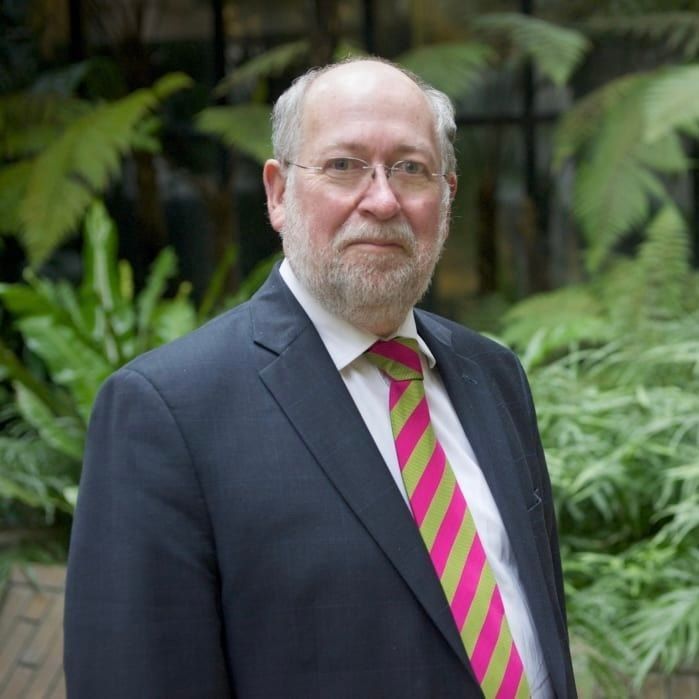
Judge John Walker
Judge John Walker is the judicial co-director for the Centre. Judge Walker was the Presiding Judge in the Youth Drug Court for the first three years of its operation, from 2002 to 2005. He served as the Principal Youth Court Judge of New Zealand from 2016 to 2022, and now has an Acting warrant as a District Court Judge. He has been involved in judicial education, developing Porirua District Court into a court connected with the community it serves, mainstreaming solution-focused court practice and the establishment of the Young Adult List.

Anita Mortlock
PhD (ECE), MEd (ECE), BA, Dip Tchg (ECE)
Anita is a senior lecturer and researcher at Te Herenga Waka | Victoria University of Wellington and a Kāpiti local. Anita’s teaching background stems from her experience in community-based education and care centres. Since 2003 she has worked as a lecturer in teacher education and educational psychology as well as delivering professional development to teachers currently working in the sector. She gained her PhD in2016, which examined peer social dynamics and pedaogies in group learning situations. Her University classes examine adocacy for groups facing systemic marginalisation, sociemotional development, systemic trauma, and resolving behavioural and attitudinal challenges through creativity. She has been involved in the development of several curriculum and assessment documents for the Ministry and for special character educational organisations. In the last few years she has been helping facilitate a longitudinal research project across the schools and early learning and care centres in Porirua East. The focus has been on enhancing expression and communication for culturally and linguistically diverse young people. Neurodiversity has also been a strong feature of the project. She believes that the approach of Te Kāhu Tiu has practical wisdom and she is impressed with the philosophical and symbolic approaches that underpin it.
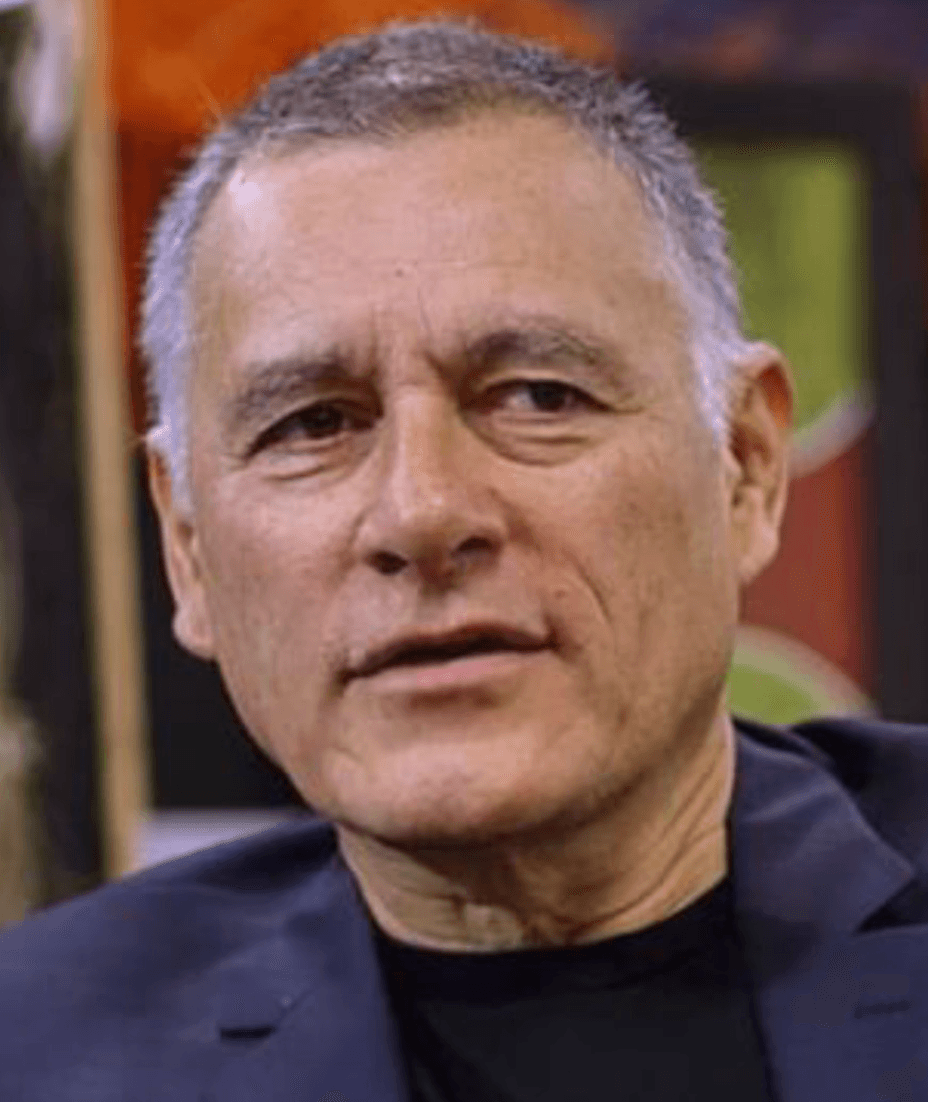
Lewis Stevens
Raukawa, Ngāti Whawhakia
Lewis is the Operations Coordinator for Ui Consulting Ltd. Lewis has had a varied career with experience in many aspects of organisational management and business. He has managed iwi primary health care and social services. He has a masters degree in adult education with more than thirty five years experience in training, lecturing and education. As a counselling psychologist, Lewis has had extensive experience in private practice, health and social service sectors as an educator, corporate trainer and manager. Lewis also has a Graduate Diploma of Guidance and Counselling, Bachelor of Social Science, Diploma of Community Services (Case Management) and is a member of the Australian Psychological Society. Lewis has a very strong desire to contribute to community well-being.
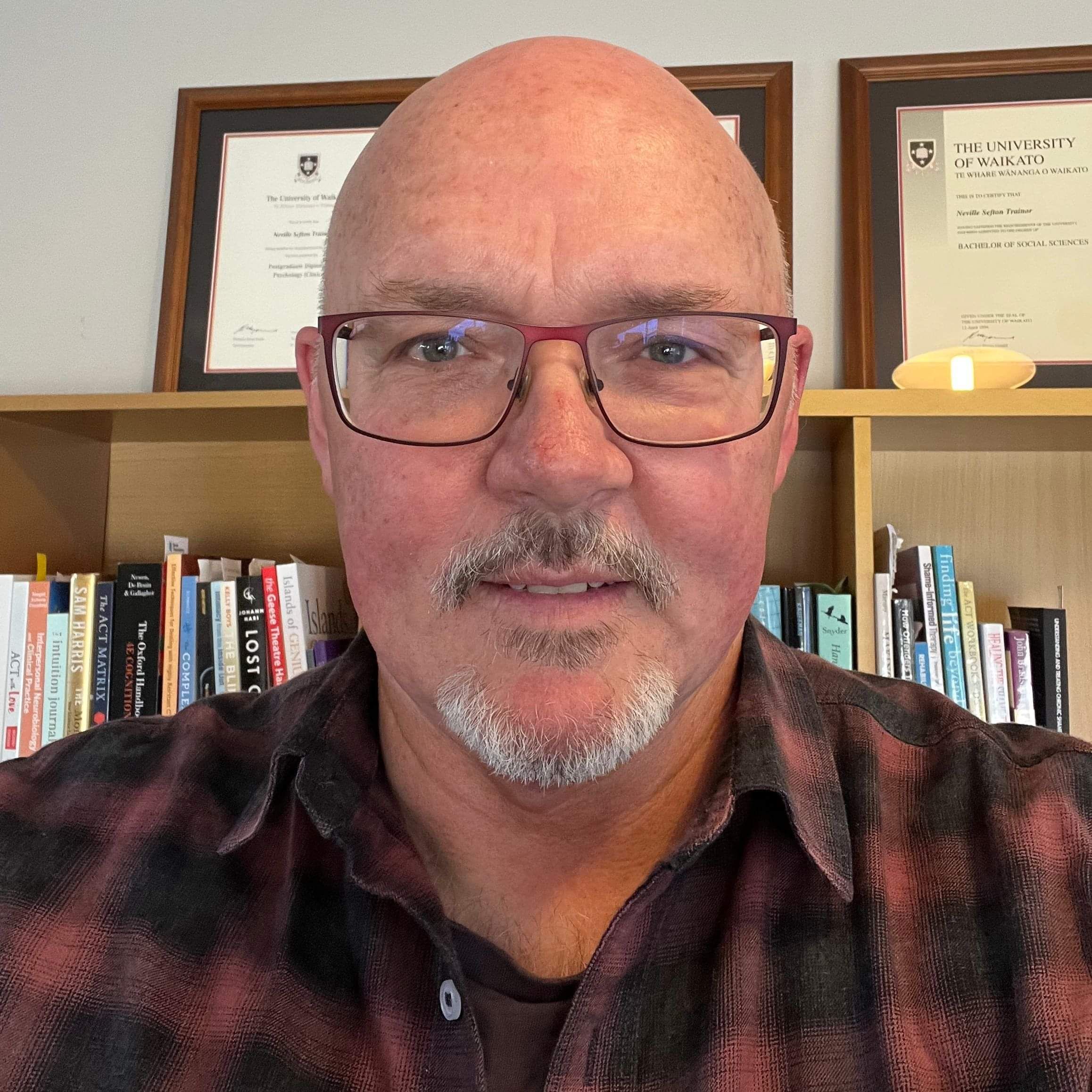
Neville Trainor
Is a registered Clinical Psychologist in full time private practice with a Master’s degree in Social Sciences (1st Class Honours in Psychology) and a Post Graduate Diploma in Clinical Psychology from Waikato University. His clinical practice includes provision of individual and group-based therapy for a range of mental health and self-regulatory problems. He has extensive experience in offender and forensic mental health assessment and treatment and the design, development, and training of rehabilitation programmes for offenders as well as skills development for those working with offender populations. He has provided inpatient group and individual violence prevention treatment for forensic mental health clients in addition to managing a therapy team (of ten) at a prison based special treatment unit for violent offenders when employed by the Department of Corrections.
He continues to provide clinical and practice supervision to others working with forensic and offender populations. This includes practice supervision for Corrections staff at a community based residential facility for men on Extended Supervision Orders (ESOs). His practice includes provision of risk and psychological assessment reports to statutory bodies such as the New Zealand Parole Board and the Immigration and Protection Tribunal. In addition to having held a designated role as a Specialist Assessor between 2008 and 2019 under the Intellectual Disability Compulsory Care and Rehabilitation Act 2003, he is also designated to complete health assessments for the Court pursuant to the Criminal Procedure (Mentally Impaired Persons) Act 2003 and the Children Young Persons and their Families Act (1989). He has provided expert witness testimony before the District and High Courts and also at the New Zealand Parole Board.
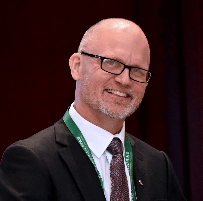
Darren Walton PhD, MRSNZ
Darren Walton is the Director of Crow Nest Research Limited. He is an associate professor of psychology at the University of Canterbury, a consultant, and an experienced government contractor. He has previously held permanent roles in Government working across Transport, Police and Public Health. His expertise is in the end-to-end processes of collecting data, analysing it through design, and disseminating it to the public, government, and technical audiences. He has highly developed capabilities in statistics, financial modeling, cost/benefit analysis, evaluation, and advanced quasi-experimental research designs. Darren has completed over thirty large-scale evaluations, published over a hundred peer-reviewed research papers, and led major complex (sensitive) projects including the Graphic Warning Labels for Standardised Tobacco Products. He has led or held leadership roles in multi-year collaborative research programmes for MBIE and the Australian Research Council. His work includes provisioning data science services for the Amnesty and Gun Buy Back (NZ Police), Te Tare Pūreke, the Graduated Drivers’ Licence System (MOT) and the Modelling/Forecasting of Fleet replacement (NZ Police).
Recent work includes modeling the NZ Police’s resource allocation for mental-health-related events and auditing the use of third-party software systems for autonomic number plate recognition. Crow’s Nest Research is currently contracted to the Ministry of Health to study the harmful impacts of gaming on youth, particularly as a gateway to long-term gambling addiction. Dr Walton’s PhD was in research methods, he has undertaken multidisciplinary applied social research for over twenty years. He can design the best research method to match data opportunities because he negotiates technical complexity with a pragmatic attitude refined by commercial experience.

Seema Clifasefi PhD
Seema L. Clifasefi, PhD, MSW is a licensed clinical social worker, an associate professor and codirector of the Harm Reduction Research and Treatment (HaRRT) Center at the University of Washington-Harborview Medical Center. Her research lies at the intersection of substance use, mental health, criminal justice and housing policy. Since 2006, she has been part of several collaborative academic/community-based research partnerships evaluating the effects of individual and community-level harm reduction programs and interventions designed for people with lived experience of homelessness and substance use problems. Her primary aims are to work in collaboration with communities impacted by substance use to co-develop, evaluate and disseminate programs and interventions that reduce substance related harm, improve quality of life, and promote social and racial justice.
